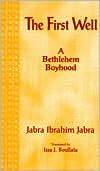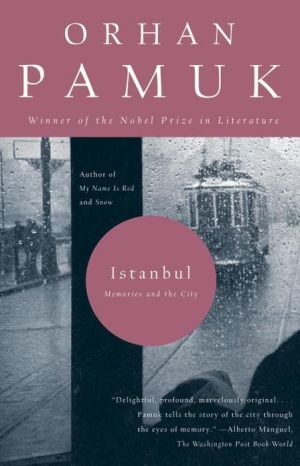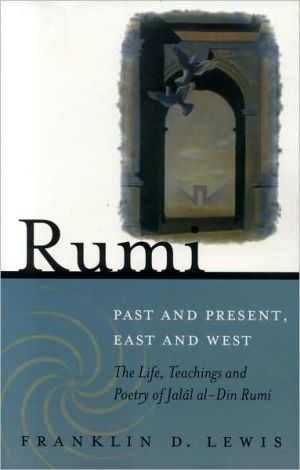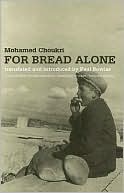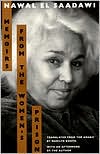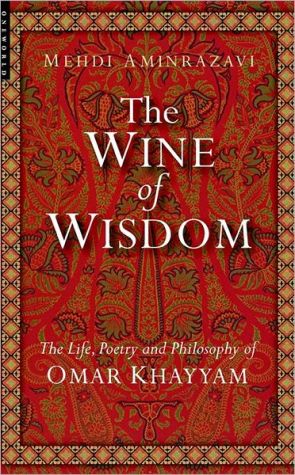First Well: A Bethlehem Boyhood
Search in google:
The First Well is an autobiographical account of Jabra's boyhood in Bethlehem, where he was born in 1920, and later in Jerusalem, where he moved at age twelve with his parents. Through the eyes and heart of a sensitive, highly imaginative boy, Jabra describes the first sources of his artistic sensibility - the houses, fields, and orchards of his childhood and the Christian, Muslim, and Jewish cultures of Bethlehem and Jerusalem. The First Well is the story of his intellectual and spiritual growth nurtured and encouraged by his family, the Eastern Orthodox Church, and his teachers. His story is both captivatingly innocent and full of wisdom. Wordsworth's observation, "The Child is father of the Man," is entirely apt as Jabra's literary and artistic interests take root and blossom. Here is a chronicle of the experiences and events he drew upon as he became one of the Arab world's leading authors. Publishers Weekly With a Proustian attention to details, Jabra, a prominent Arabic author who died in Iraq in 1994, recaptures his youth in British-mandated Bethlehem and Jerusalem, where he attended Greek Orthodox, Syriac Catholic, and ``National'' schools. With humor and tenderness, Jabra recalls the old caravansary or khan where he lived, with the church upstairs and ``the scent of incense'' which ``had the kindness to come down to us''; the shock of going to school at five with ``fifty boys of different ages,'' some of whom wore ``large boots left to their parents by the Ottoman army''; and acquiring a love for the Arabic language and stories, whose ``words glowed in my mind; they glittered like gold and sparkled like jewels. I imagined myself walking on colored silk carpets spread over the waves of a wondrous sea of dreams.'' There are a lot of firsts here: first fights with school playmates, first school indoctrinations about serving ``the idea of Arabism'' and ``the Arabism of Palestine.'' In the end, however, readers may find Jabra's book too self-absorbed and superficial in its treatment of the politics of the times. Other readers will be offended by Jabra's casual, uncritical reference to Jewish ritual murder: ``Our mothers continually warned against those Jews, saying they kidnapped children in Jewish festivals, in order to slay them and mix their blood in the dough of unleavened bread.'' (Nov.)
